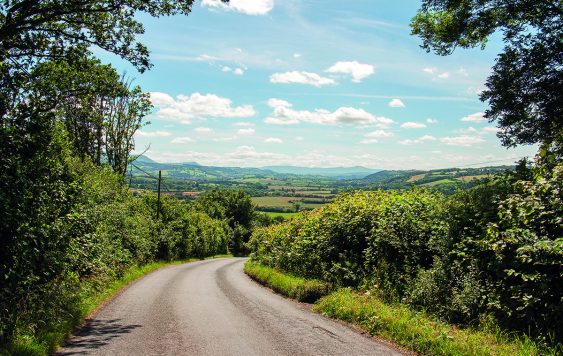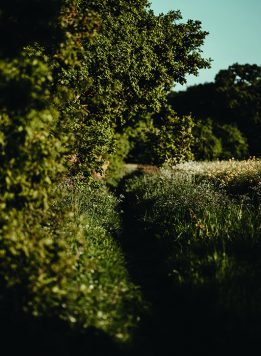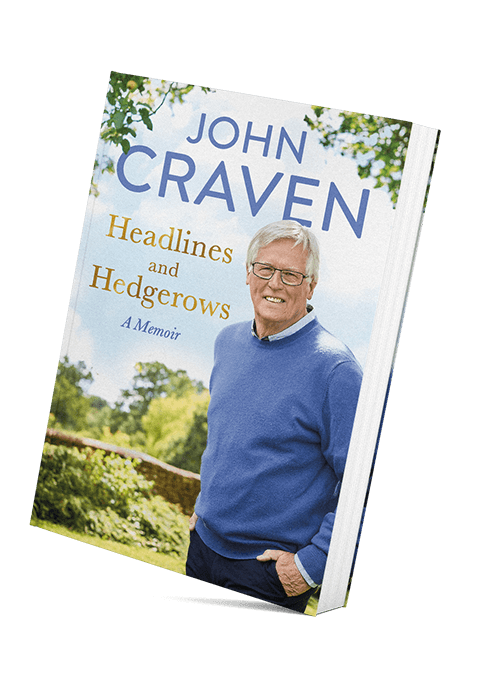Liz Nicholls chats to globally successful musician & dad Jack Savoretti, 36, who has just released his third hit album Singing To Strangers
Q. You’ve worked with truly amazing musicians. Who would be your dream collaboration? “I have! Seeing my name next to Bob Dylan’s on one of my records is one of my most surreal highlights; his was the first concert I ever went to, aged 17. Collaborating with lovely Kylie was a pinnacle, too, and working with eccentric, beautiful Mika on this album. Connecting with people, for me, is the best thing about music. Being in a room with someone who has this gift is incredible. My dream collab would’ve been Johnny Cash; that amazing voice.”
Q. How do you listen to music? “I have a beautiful 1960s record player. It doesn’t offer great quality but it gives a wonderful sound, if you know what I mean. My current favourite record is Chet Baker. I also have a nice Bose system for taking it up a notch. My earliest memory of music was the school run and it’s funny because now with my own children that’s the time we all share music, too. My four-year-old son reminded me the other day how great the Ghostbusters song is and my daughter is a little obsessed with ABBA. I wasn’t an ABBA fan but she’s slowly converting me – the songs are brilliant!”
Q. What surprises you most about parenthood? “I think how much you feel. I spent most of my twenties numbing myself. The love, the fear, the worry, the desperation they go to sleep… it’s overwhelming. They don’t know they have this magic trick at first until they figure out how to use it against you. I’m eternally grateful.”
Q. Being of European heritage, how does Brexit make you feel? “Sad. It’s a shame that we seem to have trivialised one of the greatest peace treaties of all time – certainly of the last two centuries – and I hate the divisive language being used. I heard the Prime Minister use the word ‘surrender’ and thought that was cheap. The EU isn’t without dysfunction and negotiating changes would’ve been good. But this feels like a lose-lose situation.”
Q. Does November’s season of Remembrance mean much to you? “Yes; a great deal. I think we need to remember the sacrifices previous generations made for us more, especially in school and with what’s happening in politics at the moment. From a personal point of view, I think of my grandfathers. One was Polish and Jewish; he married a German woman young and escaped to Paris and then London. My father’s father fought against Fascism to stop his country being torn apart by divisive language [in Italy a street bears the Savoretti name]. I’m fascinated by that generation’s stories. That’s how complex peace is – ironically you sometimes have to fight for it. Many men and women suffered and lost their lives in the name of peaceful, liberal values which I hope endure.”














